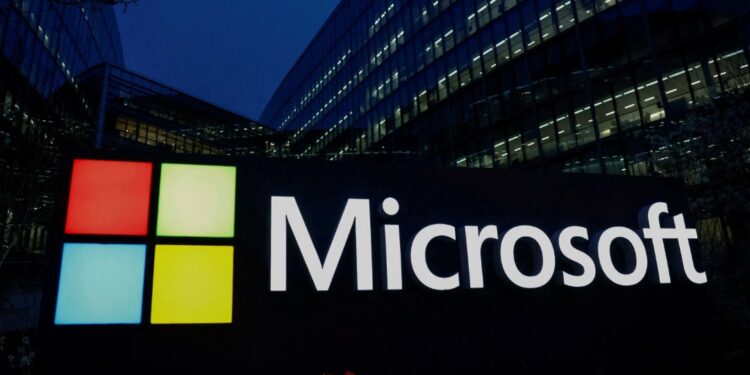Microsoft is set to allocate an astounding $80 billion to artificial intelligence (AI) initiatives in the current fiscal year, highlighting AI’s transformative impact on industries and society. Microsoft President Brad Smith called AI the modern equivalent of electricity, emphasizing its role in driving global economic and technological progress
In a recent blog post, Smith urged President-elect Trump and Congress to prioritize AI by increasing funding for university research and the National Science Foundation. He framed the U.S.-China competition in AI as a strategic battle over setting global technology standards. He noted that China is subsidizing AI datacenters and chips in developing nations to gain an edge in the AI ecosystem
Accelerating AI Deployment with a $80 Billion Commitment
Microsoft’s investment will scale its AI capabilities, building new datacenters, training models, and deploying AI cloud applications globally. Smith affimed that the company aims to provide advanced and reliable AI solution.
To counter China’s growing influence, Smith called for a cohesive U.S. strategy that combines domestic innovation with global partnerships. He stressed the importance of demonstrating the superiority and dependability of U.S. AI technologies to international markets.
A High-Stakes Investment Race
Rival tech giants like Amazon, Google, and OpenAI have also invested billions in AI, despite uncertainty over long-term returns. Smith believes the next four years will be crucial for the U.S. to solidify its AI leadership and compete globally.
Microsoft’s massive investment, with its fiscal year ending in June 2025, will drive AI progress and maintain the U.S. leadership in this transformation




